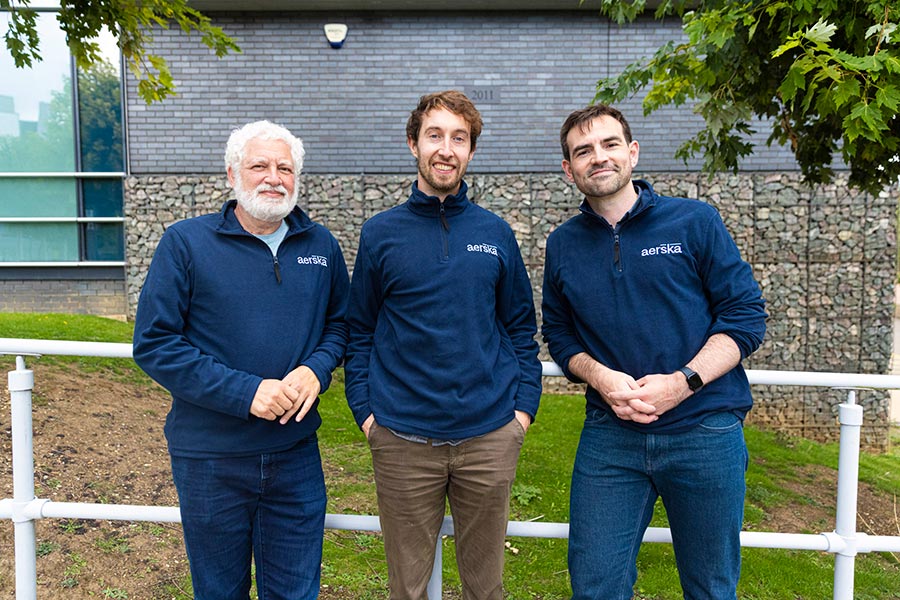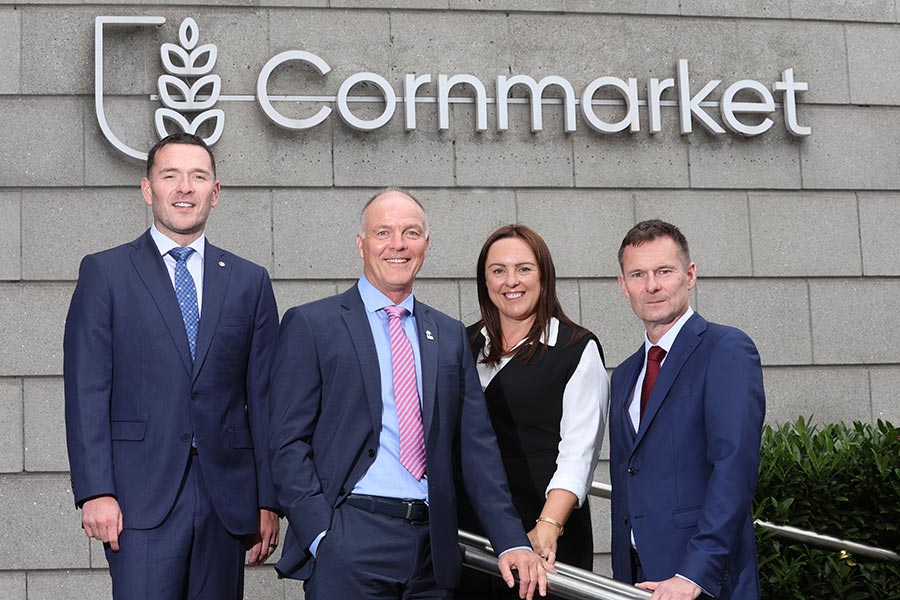The number of new Irish start-ups rose by 11% year-on-year in the third quarter of 2025, according to the latest figures from credit risk analyst CRIFVision-net.
The data points to strong entrepreneurial confidence across the country, even as financial pressures intensify in the wake of tariff-related uncertainty.
The report shows that fresh firms are emerging across a broad range of sectors, with notable county-level gains.
Westmeath and Kildare both recorded a 26% increase in new businesses, while Meath rose 19% and Wexford 11%.
Larger urban areas also saw a strong rise, with Limerick up 19%, Cork 14% and Dublin 6%.
Sectoral growth was equally broad, led by motor-related businesses (31%), IT (28%), agriculture (23%) and construction (20%).
Only two sectors saw declines, with mining down 16% and real estate dipping 1%.
Christine Cullen, Managing Director of CRIFVision-net, said the trend underlined resilience in the face of global trade headwinds.
"An 11% year-on-year rise in company startups in Q3 2025 is a clear signal of entrepreneurial confidence across Ireland.
“Startups are emerging not just in traditional sectors like Agriculture and Construction, but also in high-growth areas such as IT.
“This demonstrates that, despite recent tariff-related pressures, Irish businesses remain ambitious and forward-looking."
Rising Commercial Judgments
While the startup landscape looks positive, the figures also reveal a sharp rise in commercial disputes.
Legal judgments rose 30% compared to last year, with 1,428 cases recorded.
The total value awarded to companies hit €37.4m in the first nine months of 2025, a marked increase on 2024.
Analysts say this reflects tighter credit conditions and a reduced tolerance for late payments, as firms increasingly pursue debt recovery through the courts.
Insolvency Trends
Corporate insolvencies, meanwhile, remain broadly in line with last year.
However, retail and hospitality continue to face difficulties, highlighting inflation’s impact on consumer-focused businesses.
The median age of insolvent firms stands at 11 years, suggesting even long-established companies are struggling under rising costs and wage pressures.

Cullen warned that policy intervention would be key in supporting the business environment: “Looking ahead, the upcoming 2026 Budget will be crucial.
“Measures supporting SMEs and startups such as tax credits, targeted grant schemes, or initiatives to mitigate the impact of tariffs could reinforce confidence and help sustain growth across sectors.”










